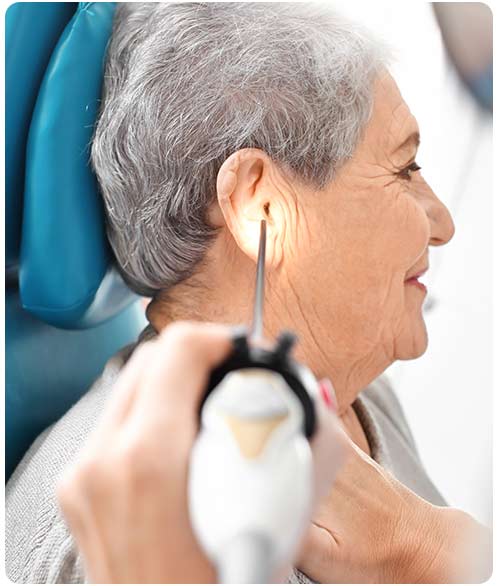Unilateral hearing loss occurs when one ear’s hearing is within normal limits while the other ear’s hearing is somewhat impaired.
Some people with unilateral hearing loss can regain some or all of their hearing with therapy.
However, for many people, hearing loss is a lifetime issue.
Thanks to modern hearing aids, more people are increasing their hearing ability.
Medical implants known as BAHAs are bone-anchored hearing aids.
Patients with unilateral hearing loss, as well as those who have ear canal or outer ear disorders such as microtia, usually utilise them.
The mastoid bone, which is found behind the ear, is surgically implanted with a small metal device.


